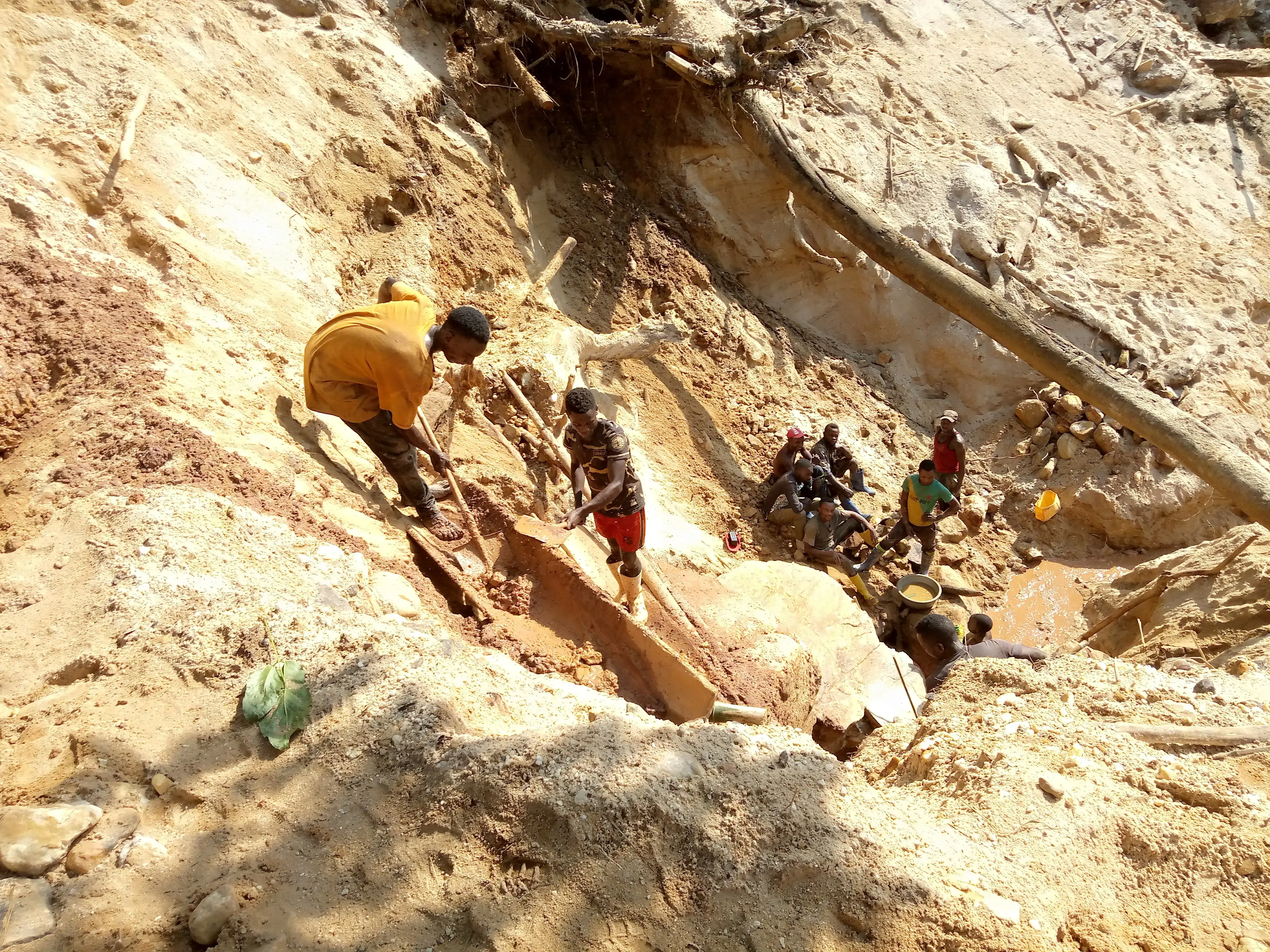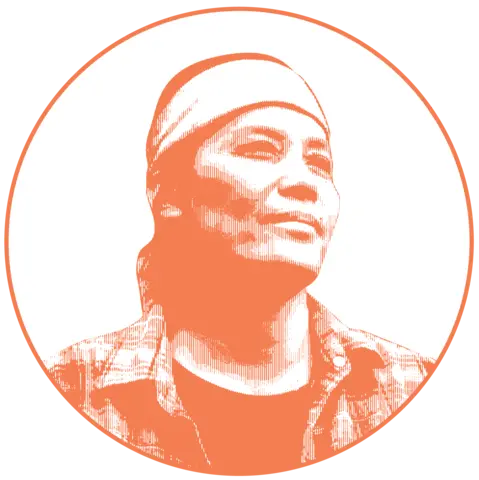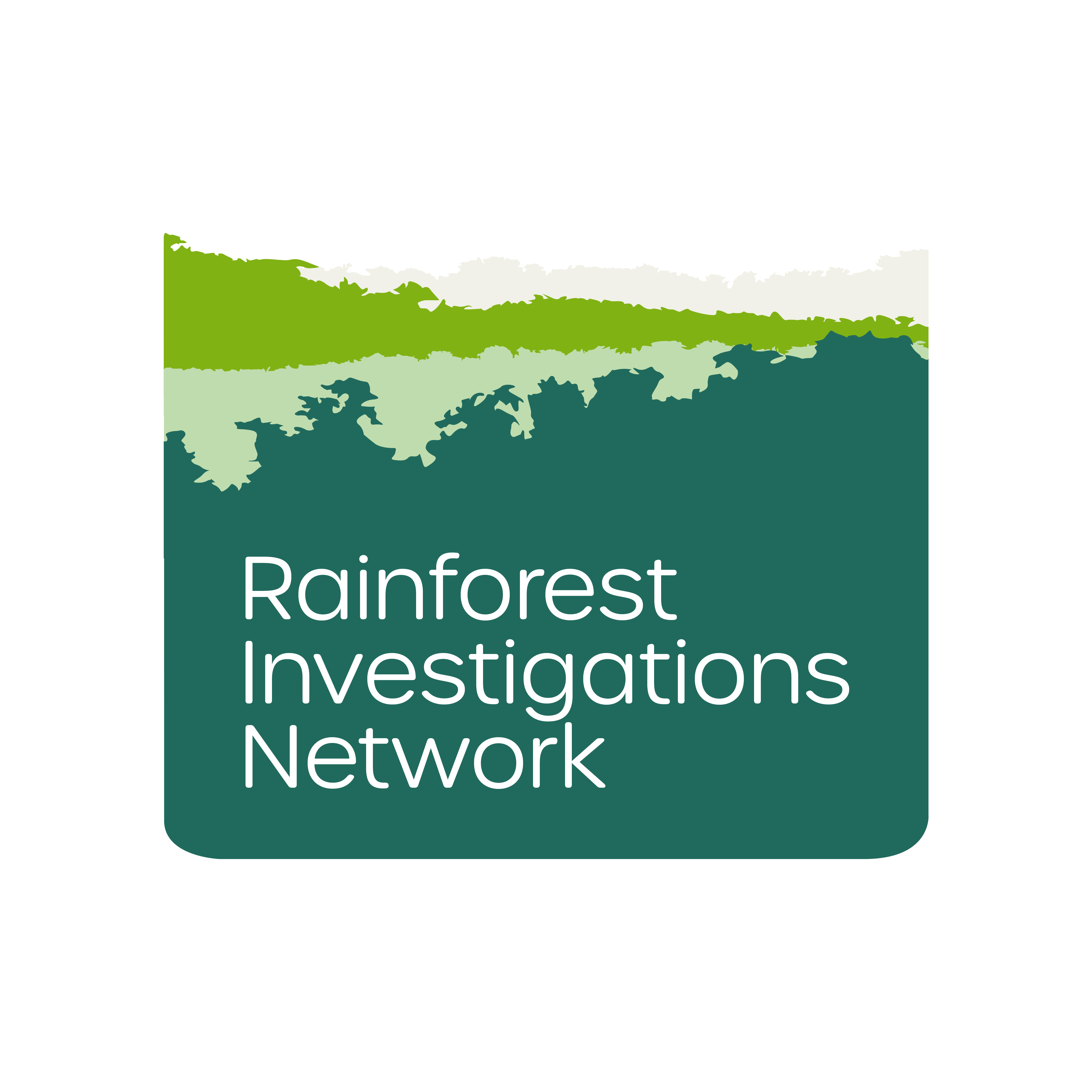This story excerpt was translated from French. To read the original story in full, visit Actualite.cd, La Voix de l'UCG, or Greenafia.

In the Democratic Republic of Congo (DRC), mined minerals are certified to prove their legitimacy, but regulatory gaps and corruption make the process unreliable. A visit to the Walikale mines in Eastern Congo has uncovered a supply chain fraught with illegality and labor issues.
The mining sector is an essential part of the Congolese economy and makes up more than 20 percent of the country’s gross domestic product. Over the past two decades, the industry has seen major changes. The ubiquity of electronic devices like smartphones and the world's shift to renewable energy sources has charged a global demand for minerals such as tin, tantalum, tungsten, and cassiterite.
Coltan, the dull metallic ore from which tantalum is extracted to build parts of the circuit boards in phones and laptops, is mostly found in the Congo, which holds 60 to 80 percent of the world’s reserves.
These minerals are valuable in small quantities, are relatively easy to extract, and are easy to transport. Many of them are mined artisanally by individuals without heavy machinery, as opposed to the industrialized mining of cobalt and copper.
In order to make the extraction traceable, legally mined minerals get a so-called green certification. A visit to the heart of mining in Eastern Congo, however, has shown how difficult it is to make sure that certified ore is actually free from illegality.

As a nonprofit journalism organization, we depend on your support to fund journalism covering underreported issues around the world. Donate any amount today to become a Pulitzer Center Champion and receive exclusive benefits!
Territory of Walikale
Among holes, small hills of stones, and sand are water runoff channels, around which a group of men sift stones in a good-natured atmosphere. Despite the heaviness of the tasks to be carried out, this is the atmosphere we encounter the afternoon we disembark at the Kibindobindo site, located in Bakano, in the southern part of the territory of Walikale, about 413 km from the city of Goma, capital of the province of North Kivu in the east of the DRC.
This mineral washing work allows the separation of coltan, which can be mixed with other minerals such as cassiterite, wolframite, etc.
The diggers, as destitute as they are, in order to survive, can only offer the best they have: their physical energy, no matter who benefits from it. In this business, the convention is simple: The diggers work for the mine shaft owner from Monday to Thursday, then they operate on their own on Friday and Saturday.
"Satisfied or not, we have no choice. The boss sets the rules. You don't want to obey these rules, you leave the work," James, the experienced digger, lets us wait between two spades of sand.
Digging, even at the cost of life
On Sundays and nights, there is no service. This does not prevent some dishonest diggers, greedy or less satisfied with their income, from slipping into the wells at night to dig on their own account, a person in charge of a well informs us, deploring the risks they take. Rockslides, a wall that gives way in the tunnel, and other accidents such as a broken foot occur more often in this clandestine work that is done in the dark or only with dim lights from flashlights so as not to be spotted from afar, says the digger Jackson who is recovering from a recent serious accident that sidelined him for 10 months with a leg in a cast. And so far, in a mine, he's only doing light work.
- View this story on Actualite.cd
- View this story on Greenafia













